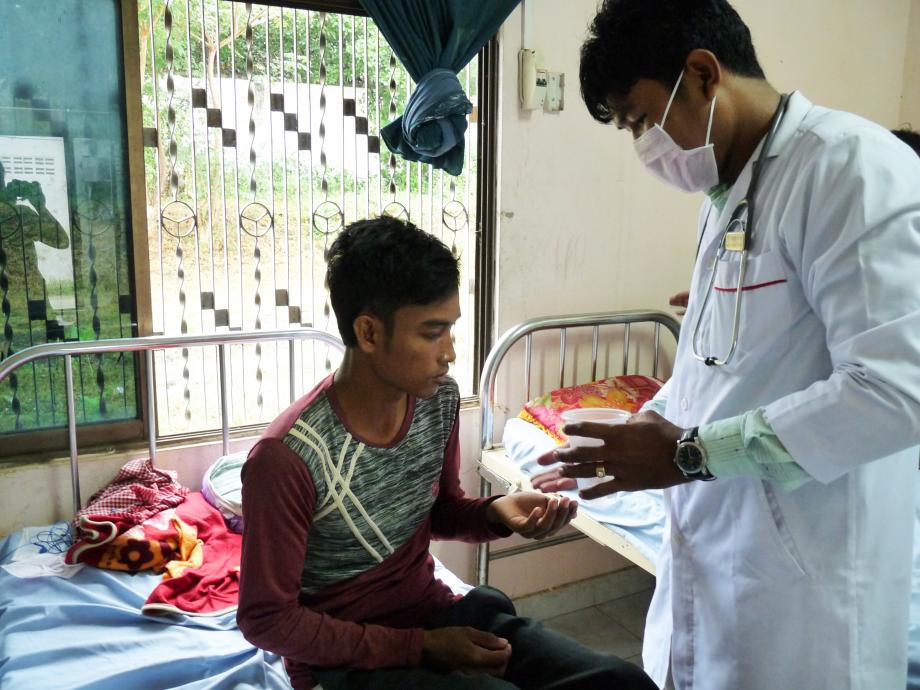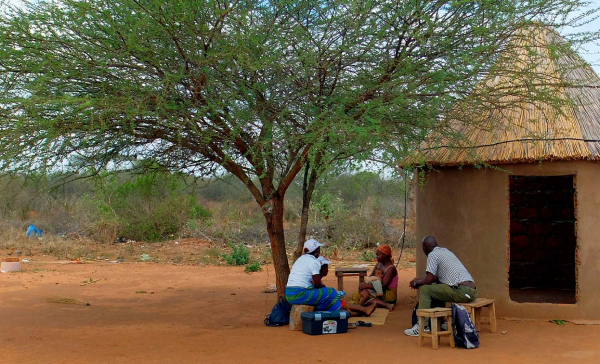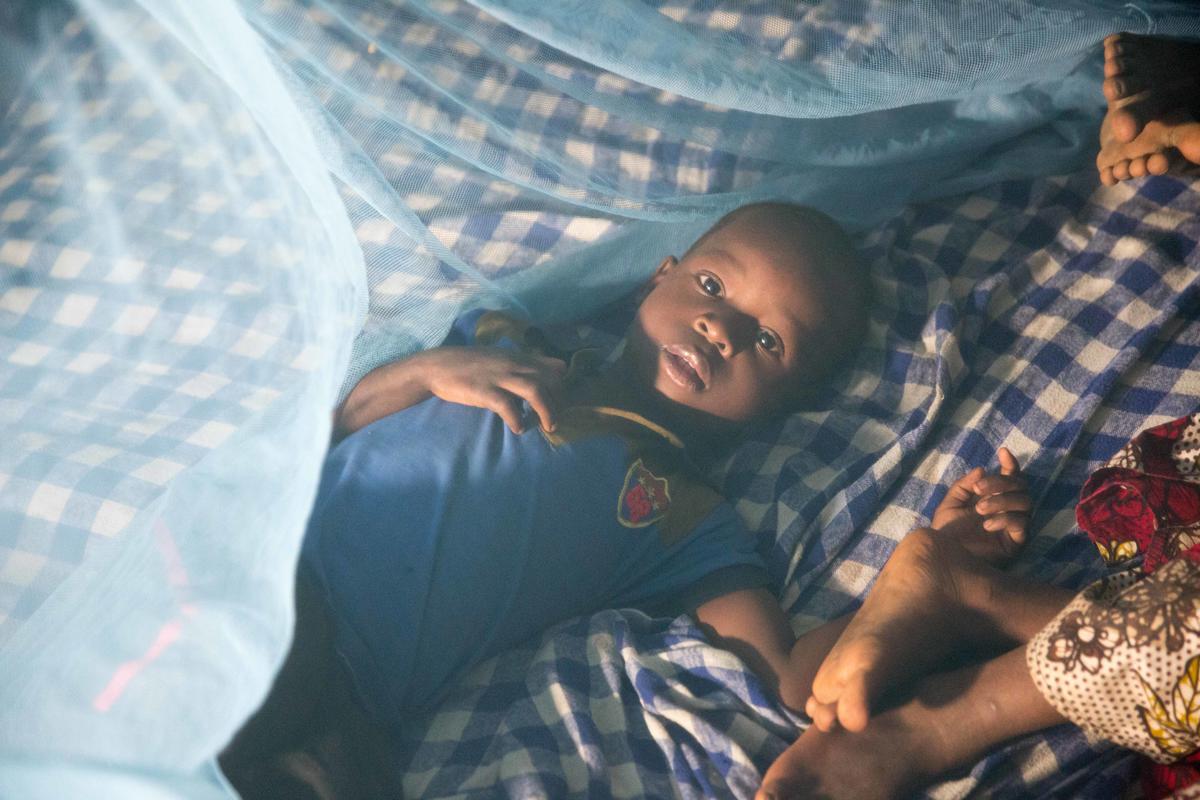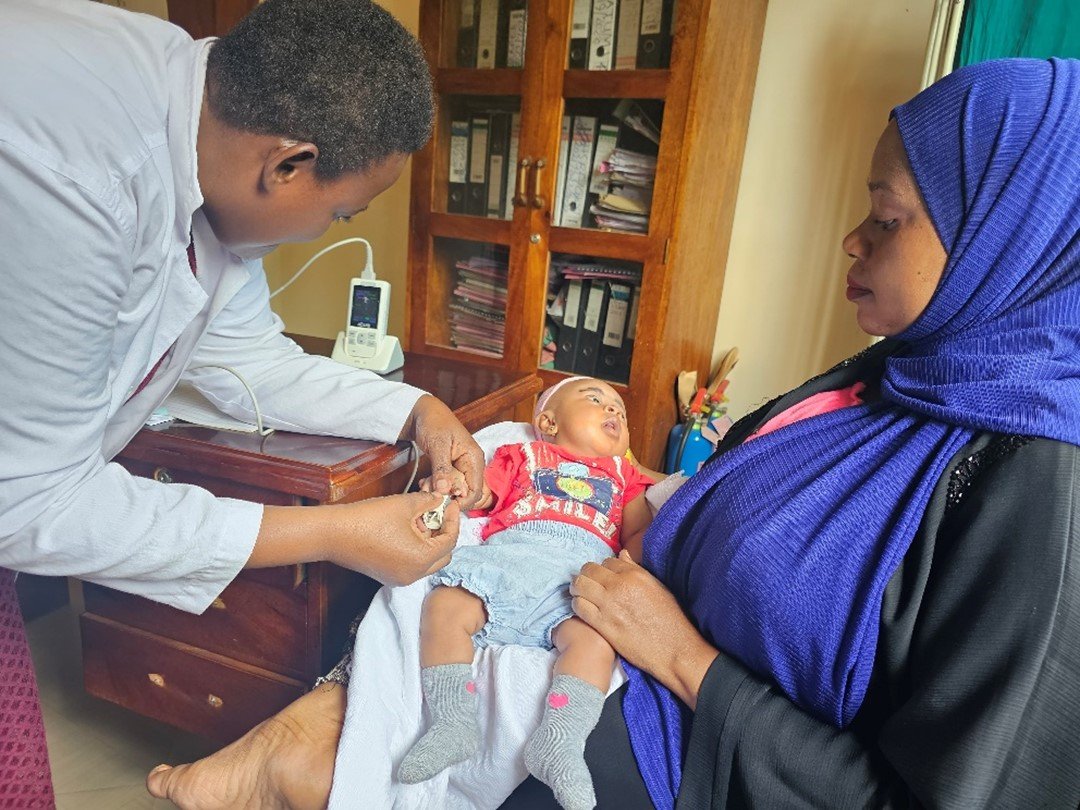The problem
When this project began, some twenty-five million children were at risk of seasonal malaria in Africa’s Sahel region. In 2012, the World Health Organization recommended a malaria prevention approach that required administering antimalarial medicines to young children in parts of Africa that see these seasonal spikes in malaria transmission. Called seasonal malaria chemoprevention (SMC), it had only been tested in small pilot programs and many thought it would be too complex and expensive to be feasible at scale. In 2013 when this program was developed, seasonal malaria chemoprevention only reached about one million children.
Download the evaluation
Our response
The ACCESS-SMC project, implemented by the Malaria Consortium, demonstrated delivery at scale in seven countries, reaching a quarter of all eligible children at that time. That proved community-delivery of SMC to be a feasible and cost-effective approach, preventing more than 88% of malaria infections among children at greatest risk. This project was instrumental in getting SMC off the ground, with partners quickly stepping in to scale up the approach.
With complementary support to Medicines for Malaria Venture through another Unitaid grant, we brought in additional suppliers of the key antimalarial used in seasonal prevention and supported the development of child-adapted formulations.
As of 2023, 49 million children benefitted from seasonal malaria chemoprevention. Increased medicine supplies were critical to enabling that scale of coverage. And child formulations, which are easy-to-swallow, sweet-flavored versions of medicines, make treatments more effective by making it simpler for caregivers to administer drugs to young children.
As a result of these efforts, the cost of delivery of seasonal malaria chemoprevention fell by more than 20% over the course of the project, helping stretch available funding to benefit greater numbers of people.
A decade after ACCESS-SMC began, seasonal malaria chemoprevention was estimated to have prevented more than 160 million malaria cases and saved the lives of nearly three-quarters of a million children.





